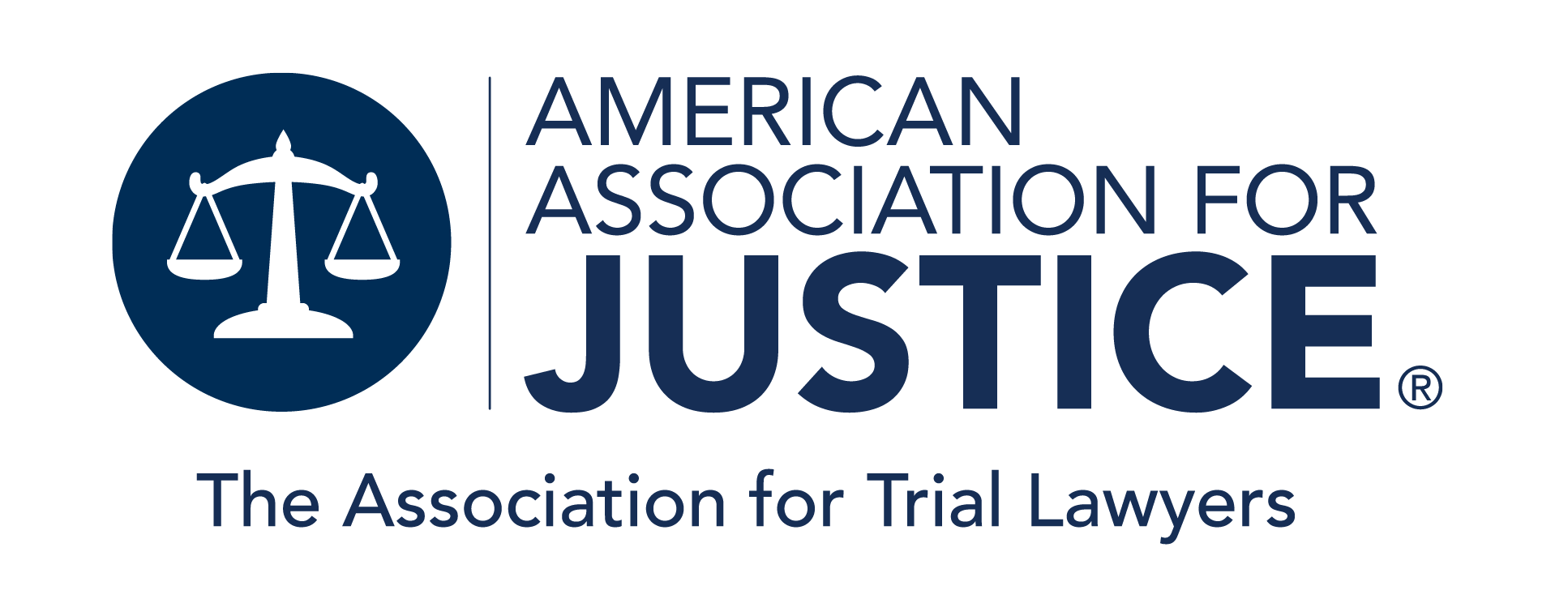How to Report Fraud and Claim Your Compensation
Don’t go it alone. Obtaining your Medicare whistleblower reward isn’t automatic. Learn how to protect yourself and your interests.
The attorneys at Price Armstrong are here to help. Get in touch for a free consultation.
Medicare Whistleblowers Earned $349M in 2024!
We represent Medicare fraud whistleblowers nation-wide
If you are ready to report Medicare fraud and claim your Medicare whistleblower reward, contact the attorneys at Price Armstrong. We can help you seek justice and protect your rights throughout the process.
Our country relies on the reporting of whistleblower nurses, pharmacists, billing coders, and doctors to prevent fraud and corruption in our healthcare system. If you have evidence of past or ongoing Medicare fraud, you may be able to collect a substantial reward for reporting illegal conduct and bringing a case as a whistleblower.
YOU ARE PROTECTED AS A WHISTLEBLOWER
You are protected by federal and state qui tam laws. Under the False Claims Act, you are protected from being harassed, fired, or reprimanded for your actions and compensated for the risks you take exposing misconduct. Call us today for a free, confidential consultation and review of your case.






Understanding Your Medicare Whistleblower Reward
If you report Medicare fraud, you may be eligible for a Medicare reward—a financial incentive awarded to whistleblowers whose tips lead to the recovery of stolen funds. Under the False Claims Act, whistleblowers can receive up to 30% of the amount recovered, which can total hundreds of thousands—or even millions—of dollars in some cases. The table below highlights recent examples of whistleblower reward amounts to give you a better idea of what might be possible.

Understanding Medicare Fraud
Medicare fraud involves the intentional deception or misrepresentation by healthcare providers to obtain unauthorized benefits from the Medicare program. Common types include:
- Billing for Services Not Rendered: Submitting claims for medical services, equipment, or tests that were never provided to patients.
- Upcoding: Assigning billing codes for more expensive services than those actually performed to receive higher reimbursements.
- Unbundling: Separating services that are typically billed together to increase total reimbursement.
- Performing Unnecessary Services: Conducting and billing for medical procedures or tests that are not medically necessary.
- Kickbacks: Offering or receiving incentives to induce referrals for services or products covered by Medicare.
These fraudulent activities deplete taxpayer resources, compromise patient care, and inflate healthcare costs.
Eligibility for a Medicare Whistleblower Reward
Individuals aware of Medicare fraud can report it under the False Claims Act (FCA) and may be eligible for substantial rewards. Eligibility criteria include:
- Original Information: Providing information about the fraud that is not publicly known.
- Voluntary Disclosure: Reporting the fraud voluntarily, without coercion.
- Non-Participation: Not having participated in the fraudulent activity being reported.
Successful whistleblowers may receive between 15% and 30% of the recovered funds, depending on the case specifics and their contribution.
Steps to Report Medicare Fraud
Reporting Medicare fraud involves a structured legal process:
- Consult a Whistleblower Attorney: Engage with an attorney experienced in FCA cases to assess the validity of your claim and navigate legal procedures.
- Gather Evidence: Collect comprehensive documentation supporting the fraud allegations, such as billing records, internal communications, and witness statements.
- File a Qui Tam Lawsuit: With legal assistance, file a qui tam lawsuit under the FCA in federal court. This lawsuit is filed under seal, keeping it confidential while the government investigates.
- Government Investigation: The Department of Justice (DOJ) will investigate the allegations. They may intervene and take over the case or decline, allowing the whistleblower to proceed independently.
- Resolution: If the case is successful, either through settlement or court judgment, the whistleblower receives a percentage of the recovered funds as a reward.
Legal Protections for Whistleblowers
The FCA provides robust protections to whistleblowers against retaliation:
- Anti-Retaliation Provisions: Employers are prohibited from firing, demoting, harassing, or discriminating against employees for lawful acts done in furtherance of an FCA action.
- Remedies for Retaliation: Whistleblowers subjected to retaliation may be entitled to reinstatement, double back pay, compensation for any special damages, and coverage of litigation costs and attorney fees.
These protections encourage individuals to report fraud without fear of adverse consequences.
More Information on Medicare Fraud
- What is the False Claims Act (FCA)? The FCA is a federal law that imposes liability on individuals and companies who defraud governmental programs. It includes provisions that allow private individuals to sue on behalf of the government and share in any recovered damages.
- How much can a whistleblower receive as a reward? Depending on factors such as the significance of the information provided and the level of the whistleblower’s involvement, a whistleblower can receive between 15% and 30% of the total amount recovered by the government.
- Can a whistleblower remain anonymous? Initially, the whistleblower’s identity is kept confidential during the government’s investigation. However, if the case proceeds to court, anonymity may not be maintained.
- How long does the process take? The duration varies depending on the case’s complexity. Investigations can take several years before reaching a resolution.
- What if the government decides not to intervene? If the government declines to intervene, the whistleblower has the right to pursue the case independently, though this may require additional resources and carries certain risks.
By understanding these aspects, individuals can make informed decisions about reporting Medicare fraud, contributing to the integrity of healthcare programs, and potentially receiving a Medicare whistleblower reward for their efforts.
For more information on Medicare fraud, click here.
Reporting Medicare Advantage fraud can qualify for medicare whistleblower rewards as well. Learn more.
